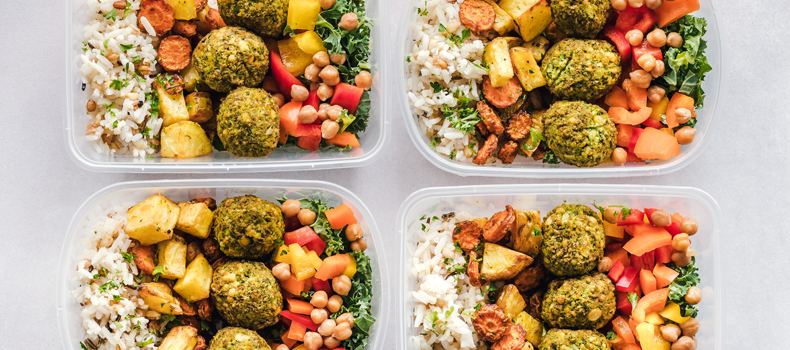Released June 1, 2021
The food we eat is central to our health because it provides the building blocks of our body. The latter are enormously versatile and do their best with what they are given, but inadequate nutrition eventually catches up with us and our health begins to suffer.
Unhealthy food has a certain influence on our psyche, which can be traced back to the living conditions of our ancestors. Food shortages and famine have been a constant threat for much of history, leading us to be drawn to high-calorie, high-energy foods like sweet fruits and fatty meats.
Eating as much of these foods as possible when they were available allowed us to build up reserves for the inevitable times when food was scarce. Evolution is slow, and that’s why we’re still drawn to delicious, fatty, and sugary foods that pack on the pounds.
But a healthier meal plan definitely pays off. Those who eat healthier will:
- Reduce your risk of heart disease
- Reduce your risk of cancer
- Reduce your risk of diabetes
- reduction in blood pressure
- Reduction in cholesterol levels
- Improving digestive health
- Helps you lose weight
…and this is by no means an exhaustive list. A healthy diet has even been linked to improvements in mood and memory – this may sound unexpected, but it makes perfect sense. After all, the brain is the largest organ in the body.
According to the Heart and Stroke Foundation, up to 80% of all heart disease and stroke could be avoided by making the right food choices and getting enough exercise.
Make the right decisions
If you want to eat healthier every day, you should stock up on the following foods the next time you go shopping:
Fresh fruits and vegetables
This won’t be news to many people, but fruits and vegetables are packed with health-promoting nutrients – vitamins, minerals, fiber and antioxidants. The latter counteract the cell damage associated with aging and disease.
Resolutions are one thing, but how do you actually eat more? Make it a habit to fill half your plate with vegetables at every meal, and always have fruit on hand as a snack when you’re hungry.
full grain
The unrefined grains in brown bread, rice, crackers and brown pasta, and similar foods are high in health-boosting fiber, B vitamins, and even protein. Because these foods take time to digest, you’ll feel fuller longer and be less likely to overindulge.
High Protein Foods
Protein is an important building block of the body and a main component of our bones, teeth and muscles. High-quality protein can be found in:
- fish and shellfish
- lean meat
- eggs
- Cheese
- Milk and yogurt (preferably low-fat and unsweetened)
At mealtime, you should fill about a quarter of the plate with protein.
Water
Choose water over any other drink. Hydration is important for health, but contrary to popular belief, there is no set amount of water you should be drinking every day. Drink when you are thirsty.
In the meantime, you should limit the following:
Sugary drinks
Sugary drinks are plentiful these days, but most people would be shocked at how much sugar is added to the colas and sweetened coffee drinks that can be found on every other street corner and supermarket shelf. You don’t need those calories. Do your body – and your waistline – a favor and keep sugary drinks to a minimum.
Keep in mind that fruit juice — even 100 percent pure fruit juice — isn’t as healthy as it might seem. It does contain some vitamins and fiber, but also a lot of sugar – albeit unprocessed fruit sugar or fructose. So be careful.
Processed and fast foods
The processed foods available in any supermarket are almost always low in health-promoting nutrients, but high in fats, sugar, and excess salt. These substances are added to tap into innate instincts and make those questionable foods more appetizing. Greasy fast food is also made to capitalize on the same hard-to-resist urges.
Keep fast and processed products to a minimum. An occasional treat is fine, but they shouldn’t be bought on a regular basis. Rely on fresh groceries.
Cooking good, unprocessed food at home is cheaper, healthier, and ultimately far more satisfying because you’re no longer eating the empty calories of sugar and fat. It is also very helpful for anyone who wants to lose a few pounds.
Why not create a weekly meal plan with a repertoire of easy-to-prepare but varied meals made up of as much fresh food as possible? A DNA-based nutritional test is a great way to get the ball rolling. You’ll receive a fully personalized meal plan to build on to ensure you’re eating tasty and healthy every day.

